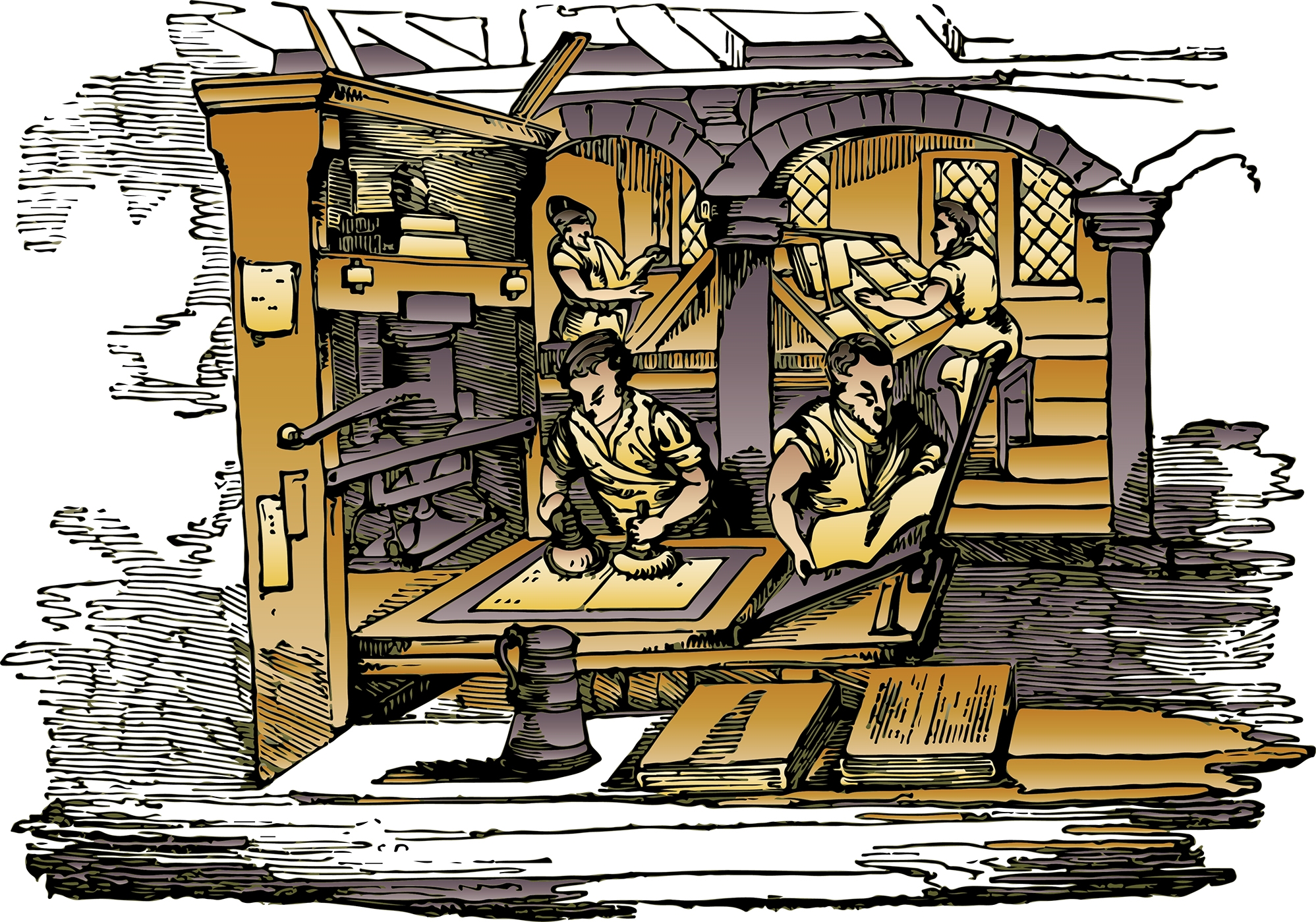
‘If they all loved research, who would do the baking?’
What I mean? Consider this quote:
“The children now love luxury; they have bad manners, contempt for authority; they show disrespect for elders and love chatter in place of exercise. Children are now tyrants, not the servants of their households. They no longer rise when elders enter the room. They contradict their parents, chatter before company, gobble up dainties at the table, cross their legs, and tyrannize their teachers.”
Sounds familiar? It’s said to be a quote of the ancient Greek philosopher Socrates.
Complaints of one generation about the next are an age-old phenomenon. Be that their behaviour – or quality of education.
“Knowledge is power.”
This is true too.
The Power of Knowledge in Religion
That is why for centuries the bible would not be translated into German (from Latin). In German speaking countries, Martin Luther, founder of the protestant religion, was the first to translate the full text. After more than 1000 years of the Christian religion’s existence! Between 1522 and 1545 he worked on that, not alone, but it was his initiative.
The Christian faith had been used to manipulate people and keep them in fear of the church’s dogma before that. The majority of people would not be able to read even then. But they would start to understand the text itself.
Luther’s motives were mainly religious, and he ‘only’ wanted to ’empower’ believers into choosing the right preachers. Into understanding instead of following the priests like a flock of sheep.
This example makes it a case in point: Knowledge and understanding need to be spread. Appropriately.
Learning and Knowledge Degrading?
Recently we hear and see (written) complaints about knowledge becoming too simple, too lightweight, as it were.
That people for the wealth of media to consume forget how to read properly, for example.
But let’s remember for a few minutes: The general ability to read and write was not available to the whole of a population until only a couple of generations ago.
Basic Democracy
The general compulsory education was not introduced until well into the 18th and 19th century in many countries!
It also meant a very basic education, mostly. When the civil society really took a stronghold politically. When more and more leaders of countries, emperors, kings, local potentates, started to realize that an educated population ultimately strengthened innovation and the future of business – and thus their power.
People did not have computers, but they had theatres, with lightweight comedies, too. Types of ballads / dramatic songs (according to regional tradition) with images that were sung to the audience or explained by those that displayed them. Ghoulish songs and fairy stories, some more some less deep…
There will always be those that love to do research. Who love to read heaps of books from cover to cover. Who love to be scientists and answer the basic questions of mankind.
But not everybody wants to be a scientist. Just as some love to repair cars or bake bread for a living.
If they all did research, who would do the baking?
